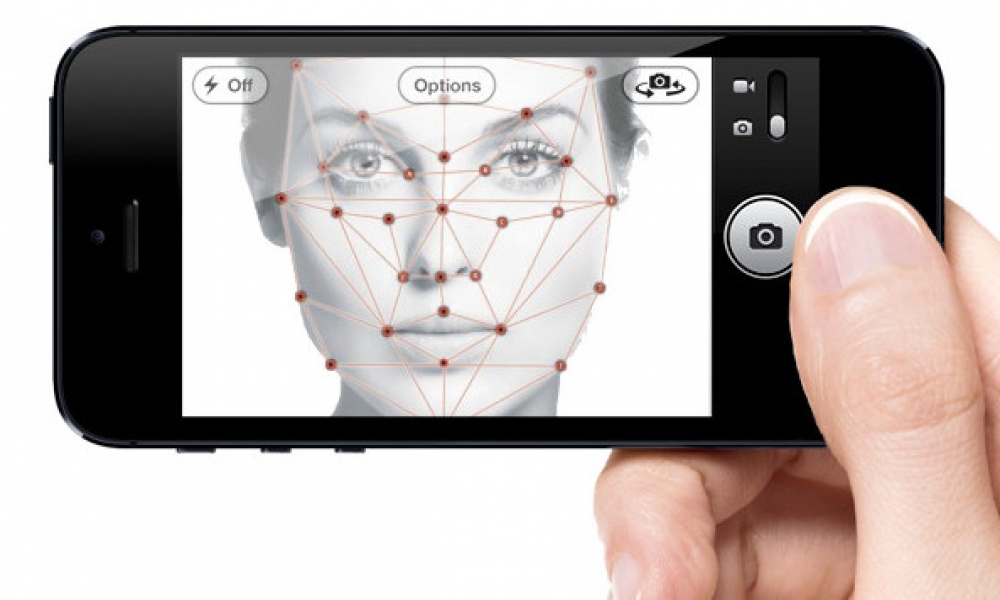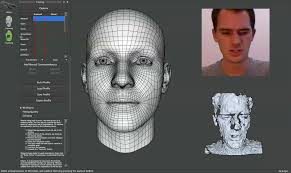Apple’s Newest Acquisition Could Pave the Way for iPhone Facial Recognition Security

Toggle Dark Mode
Declining to offer any further details on the matter, Apple confirmed Tuesday the company’s recent acquisition of the motion capture firm, Faceshift, ultimately laying to rest several months worth of rumors and speculation about the tech giant’s mysterious, and still unexplained, purchase of the firm.
Speaking to TechCrunch, Apple offered up the company’s usual statement that, “it buys smaller firms from time to time,” although they stopped short, as always, of providing any additional information on their plans or what assets were obtained in the transaction. Additionally, according to TechCrunch, most of Faceshift’s employees have continued on working out of Apple’s European offices.
 Prior to being acquired by Apple, Faceshift had developed a rather powerful facial recognition software that was the backbone of advanced motion capture technology. Effectively capable of real-time processing, the firm’s platform utilizes 3D sensors and cameras to subvert the need for traditional motion capture protocols. The technology, in part, has been most notably used to map human-like gestures onto the faces of certain characters, for example, as part of the new “Star Wars” film.
Prior to being acquired by Apple, Faceshift had developed a rather powerful facial recognition software that was the backbone of advanced motion capture technology. Effectively capable of real-time processing, the firm’s platform utilizes 3D sensors and cameras to subvert the need for traditional motion capture protocols. The technology, in part, has been most notably used to map human-like gestures onto the faces of certain characters, for example, as part of the new “Star Wars” film.
Faceshift’s main claim to fame is a product known as “Faceshift Studio,” a software protocol that incorporates the firm’s facial recognition software with support for Maya and Unity — a consortium of software-based, real-time imaging and file sharing tools. At one point in time, consumer interactions of Faceshift studio were in development for use with Skype, however it appears that project has since been shelved.
Apple continues to enhance its portfolio of facial recognition technologies with the company’s acquisition of Faceshift; one of the first being the Sweden-based company, Polar Rose, in early 2010. Additionally, in 2013, Apple acquired the Israeli company, PrimeSense, a firm that had been a major contributor to Microsoft’s Kinect hardware and software project for Xbox. PrimeSense also holds multiple patents in a broad range of technologies.
Even despite the company’s keen interest in the technology, itself, Apple has, to date, only dealt within the parameters of consumer product offerings. Face-based image sorting within the company’s recently revamped Photos application, for instance, is about the breadth of how far Apple has implemented the tool.
It’s unknown what Apple’s future plans entail, however, they could theoretically involve real-time chat animations during FaceTime sessions, biometric (facial recognition) hardware security, or even new user interface designs for desktop and mobile operating systems.







